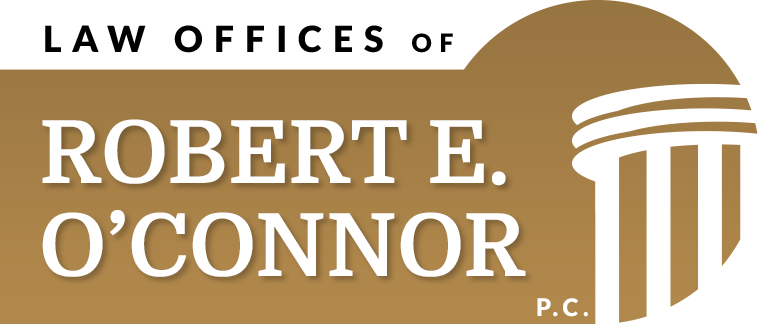Protecting Your Assets: Wills, Trusts & Powers of Attorney

If protecting your assets is important to you, having a solid estate plan is crucial. Proper planning ensures your financial interests are safeguarded in situations of divorce, incapacity, or death. Explore the roles of wills, trusts, and powers of attorney in asset protection.
Wills
A will is the foundation of any estate plan. It specifies how you want your assets distributed upon your death, providing clear instructions to reduce conflicts among your heirs. Without a will, state laws determine asset distribution, which may not align with your wishes. A will also appoints guardians for minor children, an important consideration for your peace of mind if you have young kids.
Trusts
Trusts are a powerful asset protection tool, offering more control and privacy than ordinary wills. For instance, you can include provisions in the trust that dictate how and when assets are distributed, such as waiting for your beneficiaries to reach certain age milestones. Unlike wills, the contents of a trust are not public record. Trusts are also more effective at protecting your assets from creditors and during divorce proceedings.
There are many types of trusts to choose from:
- Revocable living trusts let you manage and alter the trust during your lifetime. You can even fully revoke them if you wish.
- Irrevocable trusts transfer assets out of your estate for protection against creditors and estate taxes. The financial benefits can be great, but irrevocable trusts are harder to change.
- Special needs trusts ensure that any beneficiaries with disabilities receive care without disqualifying them from government benefits.
Powers of Attorney
A power of attorney (POA) is essential for managing your affairs if you become incapacitated. It designates an agent to make decisions and take actions on your behalf.
Each type of POA acts a little differently:
- General POAs grant broad powers over your affairs.
- Limited POAs specify certain actions your agent can take.
- Durable POAs remain in effect if you become incapacitated.
- Healthcare POAs authorize an agent to make medical decisions on your behalf.
Additional Estate Planning Tools
Beyond wills, trusts, and powers of attorney, consider these additional tools to protect your assets:
- Living wills and healthcare directives outline your medical care preferences toward the end of your life.
- Beneficiary designations ensure your retirement accounts, life insurance policies, and other relevant accounts are designated correctly.
- Joint ownership with rights of survivorship ensures your assets pass directly to the surviving owner with no delays or complications.
Seek Estate Planning Advice
For more information about protecting your assets at different stages of life, turn to the Law Offices of Robert E. O’Connor, P.C. We have served Delaware County and Chester County residents since 1997. Mr. O’Connor’s extensive experience and licensing in New Jersey and Pennsylvania ensure you receive the most knowledgeable legal guidance. If you’re ready to protect your assets and secure your financial future, please call us at (610) 566-1110 and schedule a free consultation at our law office in Media, PA.
